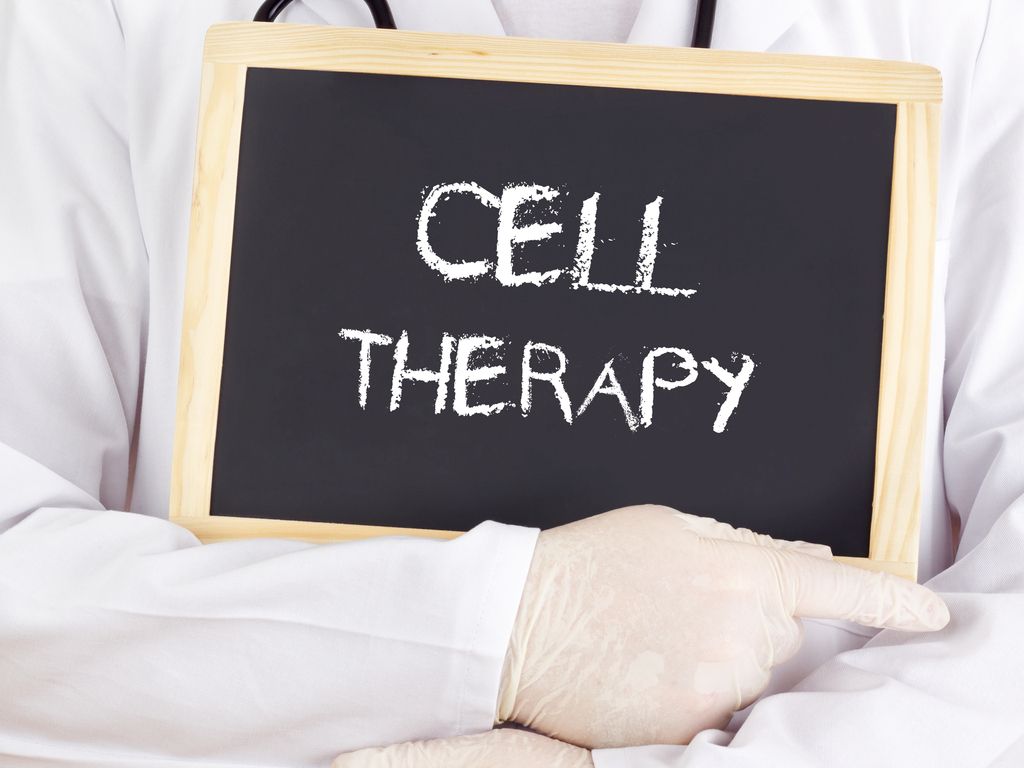AstroRx, ALS Cell Therapy, Shows Potential to Slow Progression, Early Trial Data Show

Kadimastem’s experimental cell therapy — AstroRx — may slow disease progression in patients with amyotrophic lateral sclerosis (ALS), according to interim results in a first group of patients treated in a Phase 1/2a study.
AstroRx consists of functional healthy astrocytes — cells that support and protect neurons — derived from human stem cells.
Research indicates that poorly working astrocytes play a major role in ALS progression. AstroRx, injected into a patient’s spinal fluid, is expected to compensate for diseased astrocytes, and prevent the loss of motor nerve cells.
Earlier preclinical studies showed that AstroRx delayed disease onset, maintained muscle function, and prolonged survival in mice and rat models of ALS. The treatment was also found to be safe, with no signs of toxicity or tendency to generate tumors.
These positive results led the Israel biotech company to open a single-site Phase 1/2a clinical trial (NCT03482050) evaluating the safety and effectiveness of escalating doses of AstroRx in ALS patients.
The open-label study is being conducted at the Hadassah Ein-Kerem Medical Center in Israel and is expected to enroll 21 people with early stage disease.
Participants will receive either a single intrathecal (spinal canal) injection of a low (100 x 106 cells), medium (250 x 106 cells), or high (500 x 106 cells) dose of AstroRx, or two injections of the medium dose separated by 60 days. AstroRx will be given in addition to standard treatment.
The study’s primary goal is to evaluate treatment safety and tolerability. Secondary measures include changes in the ALS Functional Rating Scale revised (ALSFRS-R) score; lung, hand grip, and limb muscle strength; and quality of life before and after AstroRx treatment.
The ALSFRS-R score is a validated tool to monitor disability progression, with lower scores indicating greater motor impairment.
These interim results cover a first set of five patients given the lowest dose of AstroRx.
Three months after treatment, no serious adverse events or dose-limiting toxicities were reported, and disease progression — assessed by the ALSFRS-R score alone in this analysis — was significantly slower.
While the patients’ ALSFRS-R scores were falling at an average rate of 0.87 per month during the three months before treatment, they rose by an average rate of 0.26 per month in the three months after treatment.
“These preliminary results on a small subset of patients are encouraging, as the treatment seems to be safe, at this lower dose … [and] appears to demonstrate a slowing down of the reported ALSFRS-r deterioration rate over the 3-months following treatment,” Marc Gotkine, MD, and the trial’s principal investigator, said in a press release.
“These interim results show that our AstroRx cell product, even at the lowest dose, has therapeutic effects,” added Michel Revel, Kadimastem’s founder and CSO.
Preliminary and interim results in this first patient group will be presented at the 2019 annual NEALS meeting set for October in Florida. Final results for this group — results at six months post-treatment — are expected by year’s end.
According to the company, a second set of five patients are enrolled and will receive AstroRx at a medium dose. Treatment data on these patients are expected in the third quarter of 2020.
Kadimastem plans to study the potential of AstroRx in treating other neurodegenerative diseases, Revel added.






